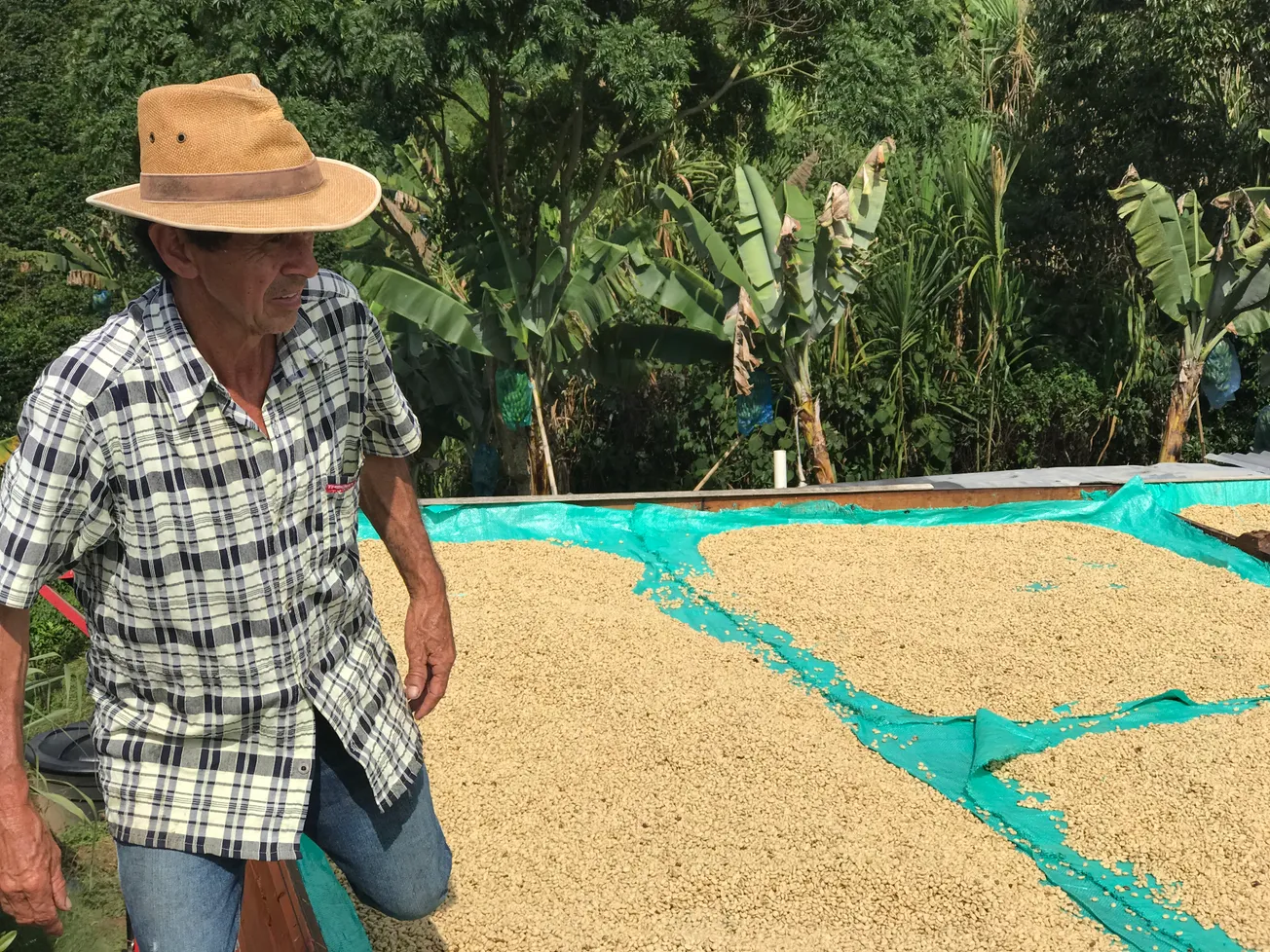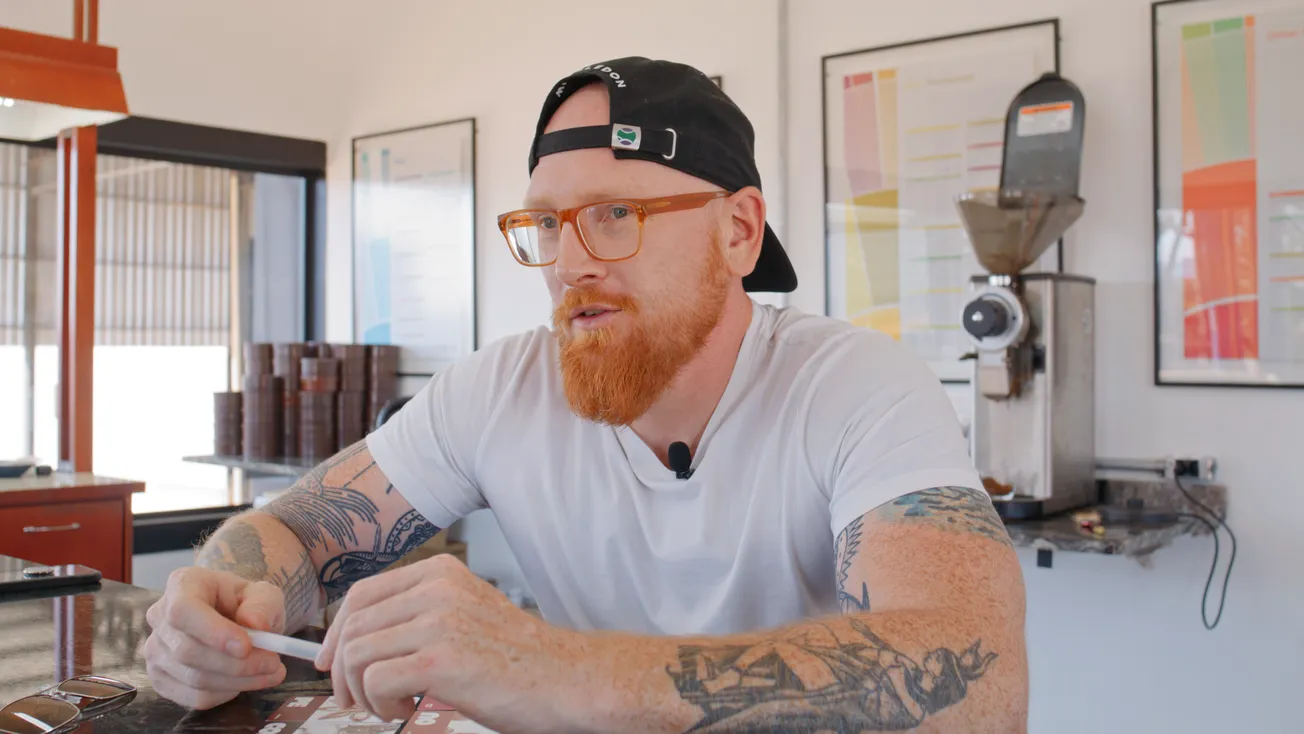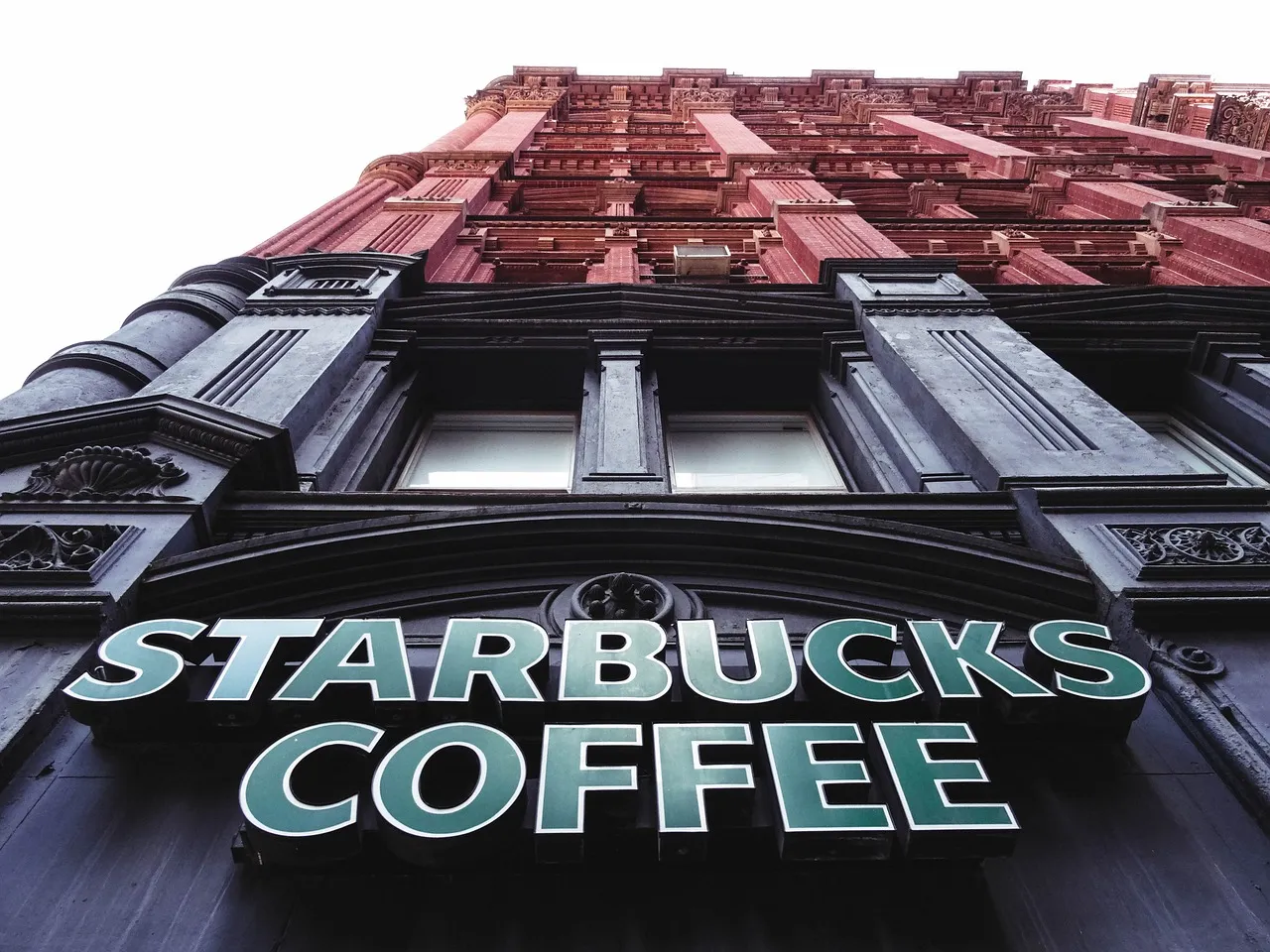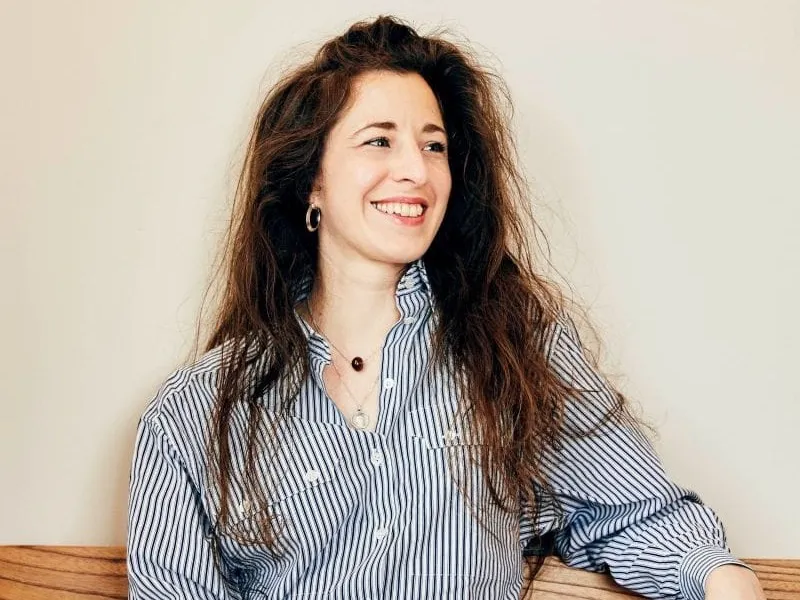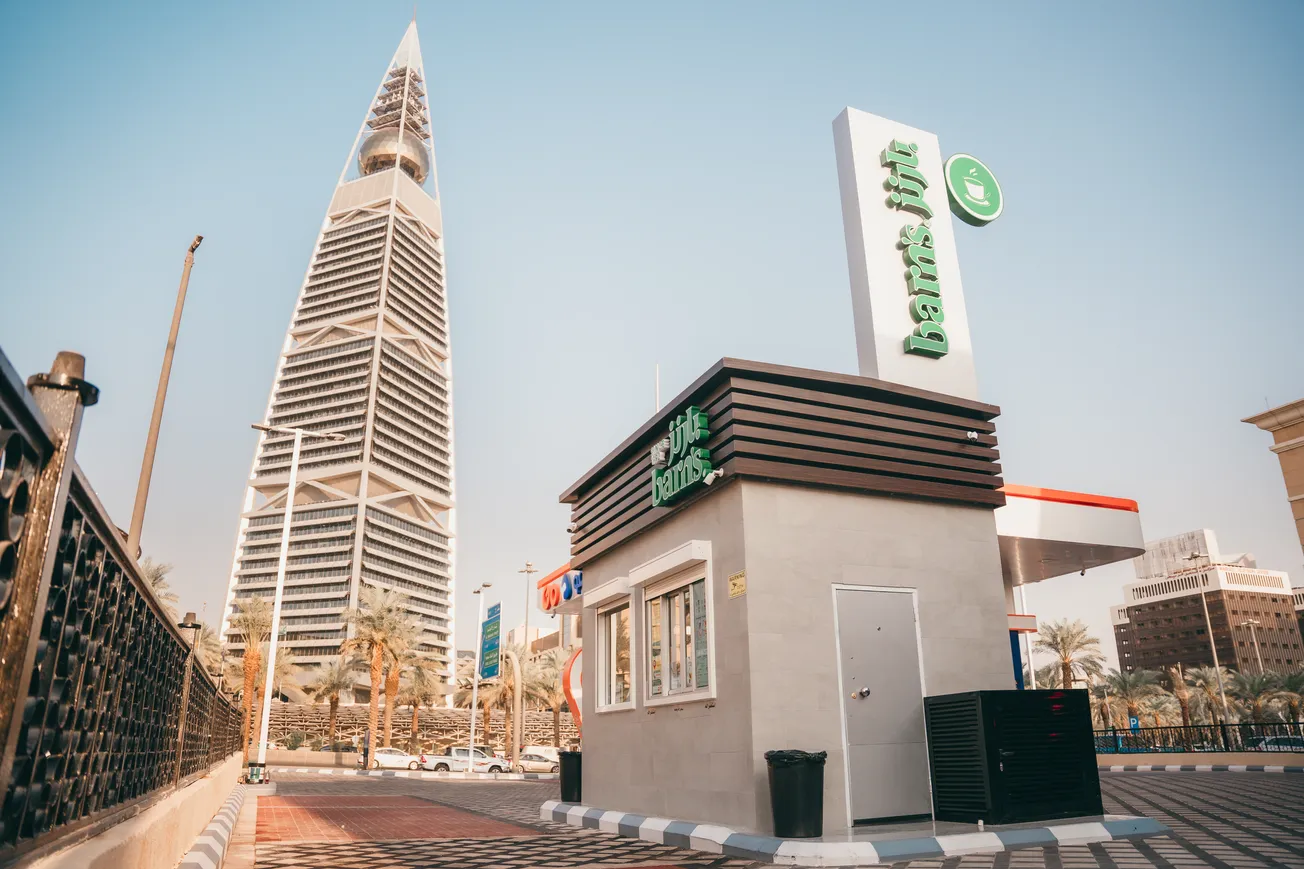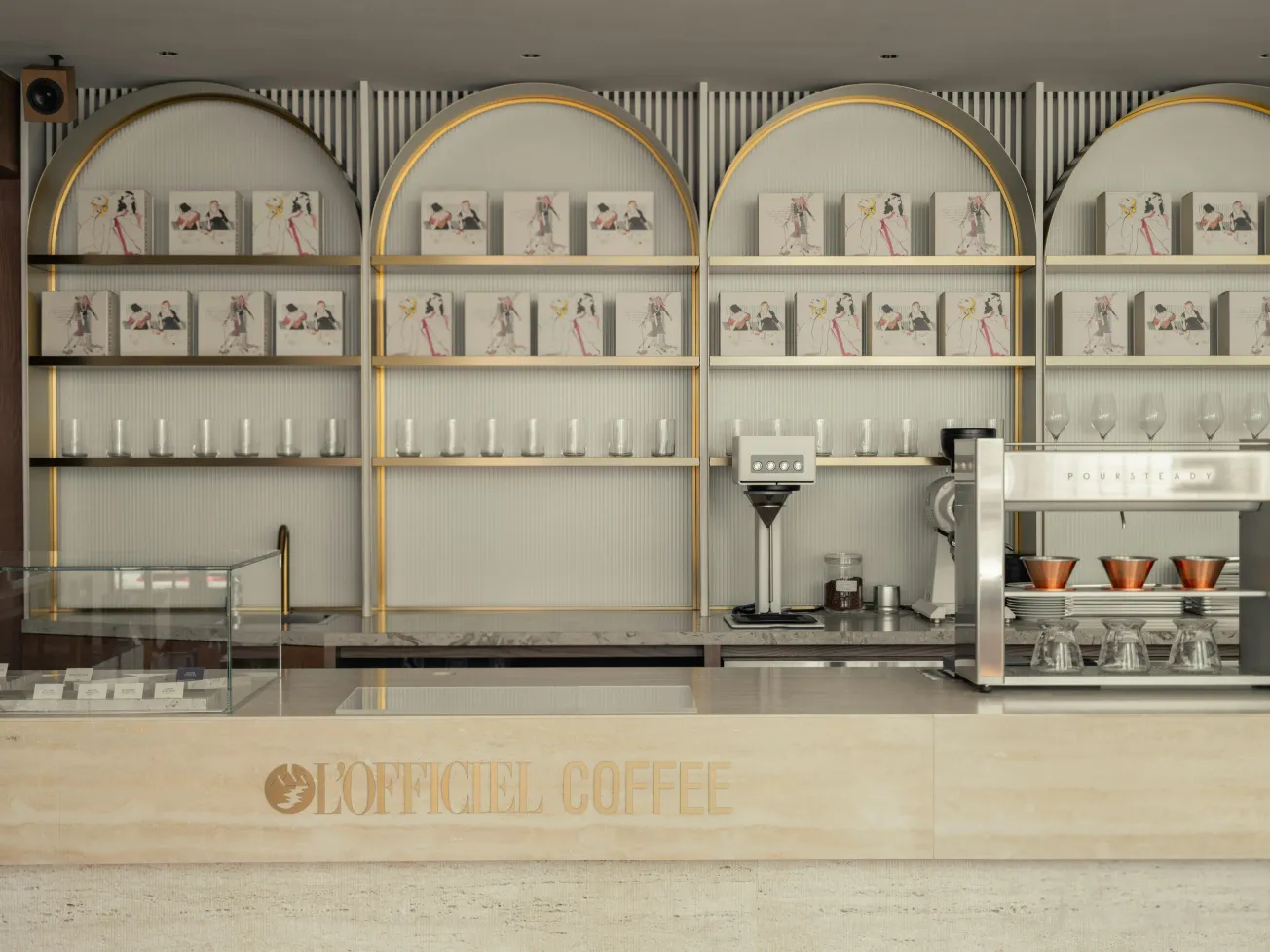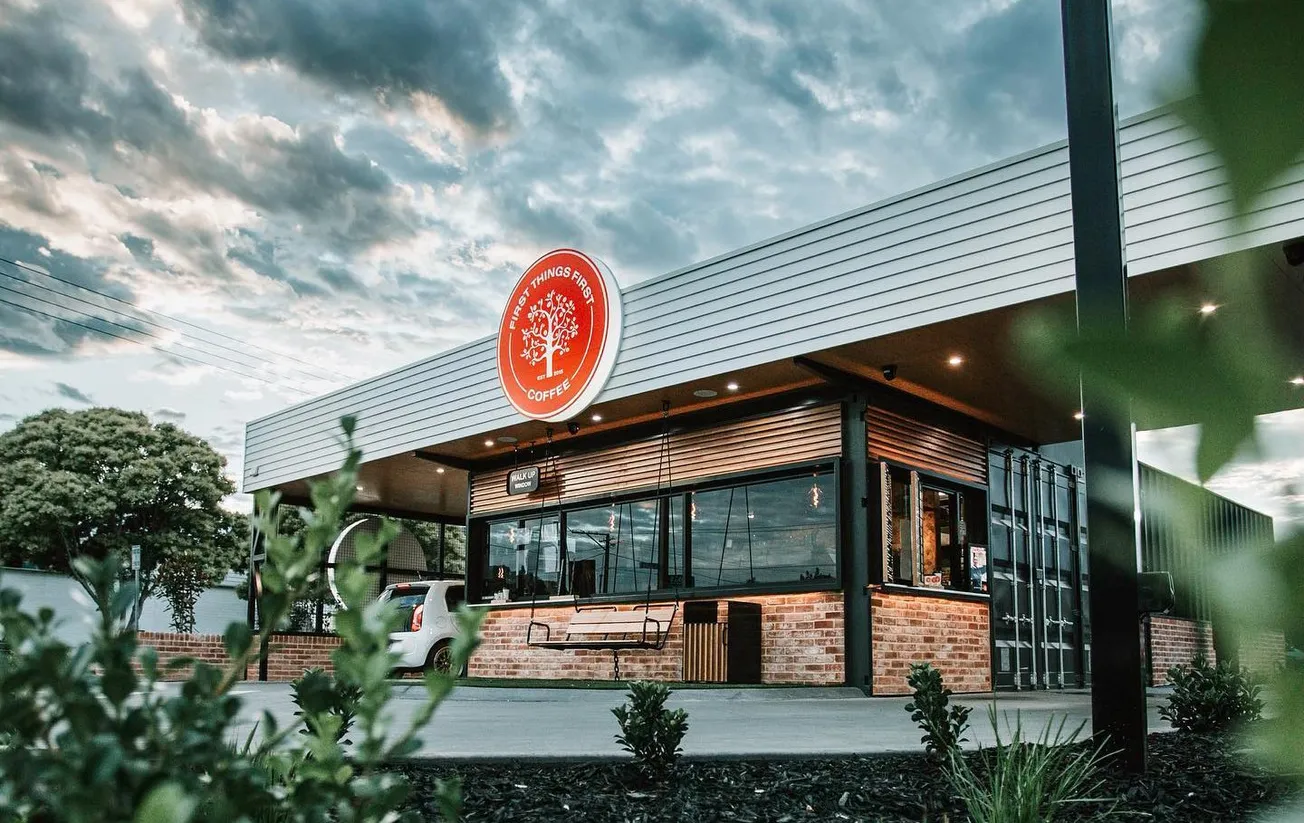Coffee is an inherently global product that changes hands many times from farm to cup. But with business booming in consuming markets, as many farmers struggle to make ends meet, Alexander Barrett took a 4,500km journey from Colombia to the US to find out what’s being lost in translation
Coffee isn’t just a beverage; it’s a story and a journey that begins far away in lush green plantations and covers vast distances across continents before it reaches your cup. In 2019, I embarked on a 4,500km adventure to discover the story of coffee’s journey from the farm to the local café.
This immersive journey took me through every step of the production process, including spending three days on a coffee farm in Colombia before travelling with the picked coffee to the mill, its transportation to the export station and overseas journey to the importer and roaster before being served in a US coffee shop.
My adventure began on a picturesque finca near the charming pueblo of Jardín, Colombia, where I joined coffee farmers in the art of cherry picking. It’s physically demanding work involving early starts and long days that made me appreciate the challenges faced daily by these dedicated individuals.
“Accurate data is essential for maintaining trust and ensuring sustainable practices”
It also sheds light on the concerning fact that, on average, today’s coffee farmers are in their 60s and much of the next generation views coffee as a ‘poverty crop’ with diminishing profits. Among those I met was a 25-year-old third-generation coffee farmer who makes more money taking a two-hour bus ride into Medellín to groom dogs than owning a 3 to 4-hectare family farm.
On a global scale, stories like this present a major challenge to the future security of coffee production. They also underline the looming threat to coffee production around the world, especially among smallholder farmers, which collectively produce 60% of the world’s coffee supply.
After picking, the wet parchment is laid out on metal sheets to dry for about a week at the farm before the dry parchment is placed into bags and loaded onto a truck destined for a cooperative. However, what struck me as surprising was the cooperatives’ practice of sourcing up to 40% of its coffee from non-members.
The mixing of coffee from non-members compromises the integrity of certifications promising a certain quality or ethical standard, as it becomes challenging to guarantee that the entire supply chain adheres to the certification’s standards.
,
Sourcing a substantial portion of coffee from non-members within cooperatives has ripple effects for all certification claims, challenging their authenticity and reliability. This surprisingly widespread practice raises critical questions about traceability, transparency, and the alignment of sourcing strategies with the criteria set by all certification standards. It also leaves the rest of the supply chain after the co-op vulnerable to inaccurate data and ultimately misleading claims about how – or even where – coffee has been produced.
Next, I went to Medellín, where the beans were checked and sorted before export. This stage is crucial because it determines the quality and value of the coffee. The beans underwent meticulous checks for impurities and defects before undergoing the crucial hulling process. Dry mills are usually owned by or work closely with exporters.
This is typically the first time coffee is given a sensory value (cup score) and enables the exporter to ascertain the true value of the coffee. With this information the mill can do a custom dry milling to the requested bean size and conduct a major and minor defects count.
Having transparency about the actual prices paid to coffee farmers, known as farmgate prices, is essential. This transparency provides those purchasing green, roasted or brewed coffee with the necessary data to make informed decisions regarding the ethics of the price. Instead of simply accepting the seller’s claims, buyers can verify whether the farmers are being compensated fairly. This level of openness is key to promoting ethical trade practices in the coffee industry.
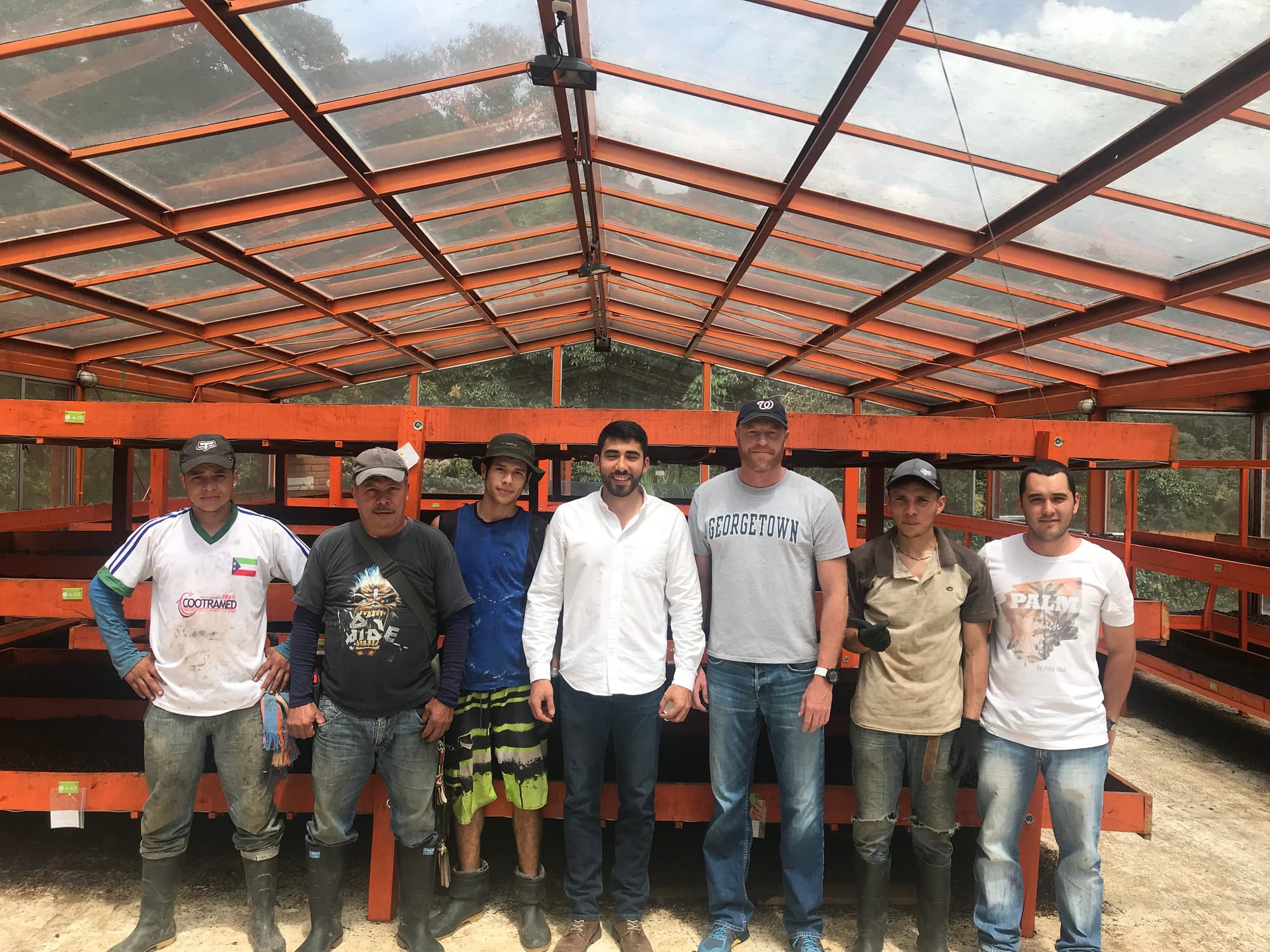
Paying farmers more for their coffee is crucial. It helps them invest in climate-resilient practices and invest in the next generation. When coffee farmers earn more, they can focus on improving quality and yields without the fear of losing everything.
Innovations like ifinca’s digital platform record every step of the supply chain process, from harvest and mill to café and consumer. This level of transparency and traceability allows for greater accuracy and accountability at every turn with independently verified farmgate prices and initial delivery data. Crucially, it can help farmers get better prices by them verifying their data, which is good news for everyone in the coffee industry.
As a coffee lover, you are part of a big story that starts in distant farms and involves many people. This journey showed me both the beauty of the coffee industry and the challenges it faces – I hope it also serves as a wake-up call for the industry to support a transparent and sustainable coffee world.
Alexander Barrett is CEO and Founder of ifinca, a technology platform tracking supply chains from farmer to consumer in real-time for reliable, auditable data with a mission to generate positive social and economic impacts through digital transparency and traceability across the coffee supply chain.


